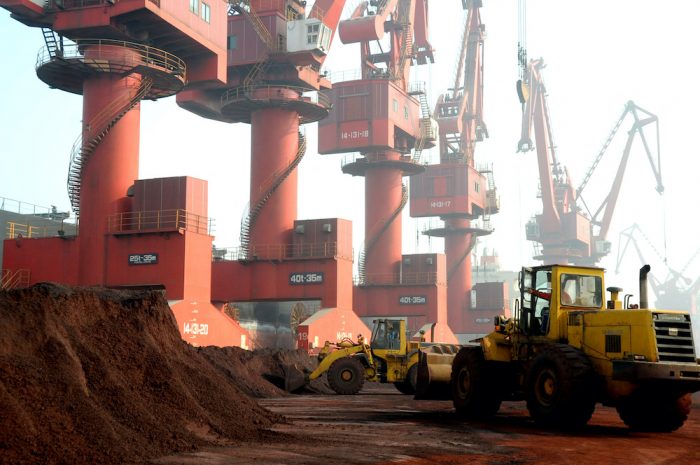In the aftermath of a temporary trade truce with the United States, China has tightened its grip on the export of critical minerals, creating significant ripple effects across global supply chains. These actions, which began intensifying in 2023 and continued through 2025, have targeted resources crucial to sectors such as semiconductors, electric vehicles (EVs), defense, and renewable energy.
Key Minerals Under Export Controls
China’s export restrictions now apply to several strategically vital minerals:
-
Gallium: Essential for semiconductors, 5G infrastructure, and LED production.
-
Germanium: Used in fiber optics, solar panels, and infrared optics.
-
Antimony: Important for flame retardants, batteries, and military gear.
-
Graphite: A key component in lithium-ion batteries and industrial materials.
-
Rare Earth Elements: Including dysprosium and samarium, vital for EV motors and wind turbines.
These controls include strict export licensing requirements and, in some cases, outright bans—particularly affecting exports to Western nations like the United States.
Impact on Global Industries
The global repercussions of China’s export controls have been wide-ranging:
-
Automotive Sector: Major automakers in countries such as Germany, Japan, South Korea, and India face production challenges due to disrupted access to essential minerals.
-
Semiconductor Industry: The restricted supply of gallium and germanium has raised alarms about possible semiconductor production slowdowns, affecting both consumer electronics and defense manufacturing.
-
Price Fluctuations: The price of antimony surged nearly 65% in 2024, and similar upward trends have been observed for germanium and gallium.
Geopolitical Ramifications
The United States has accused China of breaching global trade norms by weaponizing access to critical raw materials. China, however, defends its position, citing national security concerns. This dispute has heightened diplomatic friction, adding complexity to already strained US-China relations.
Global Response and Supply Chain Shifts
Governments and corporations around the world are now taking proactive steps to reduce dependence on Chinese mineral exports:
-
United States: Pushing for domestic mineral exploration and forging new partnerships to build alternative supply chains.
-
Japan and Germany: Investing in refining technologies and sourcing strategies to diversify mineral procurement.
-
Australia and African Nations: Emerging as alternate suppliers, with increasing investments in mining and processing critical minerals like graphite and gallium.

